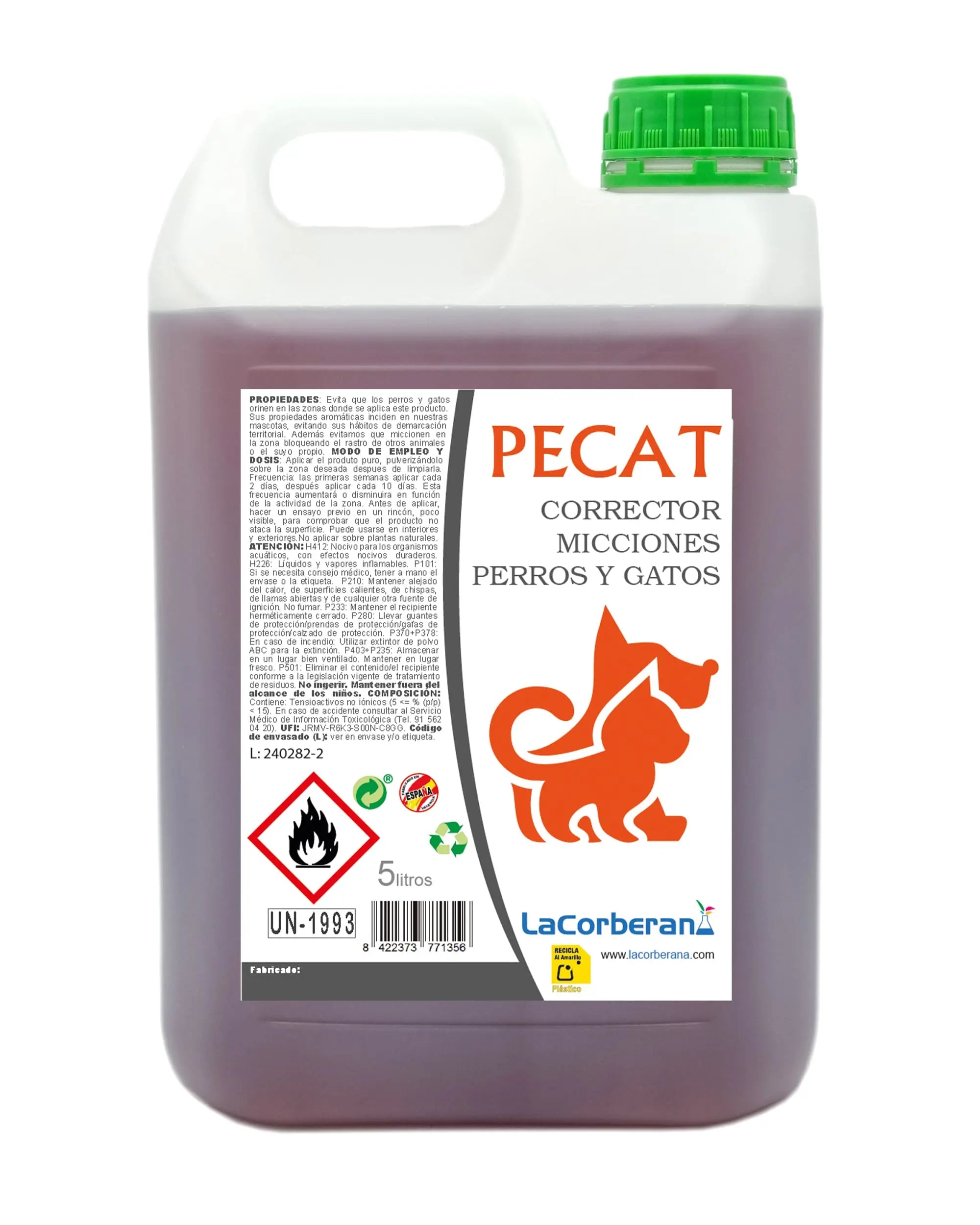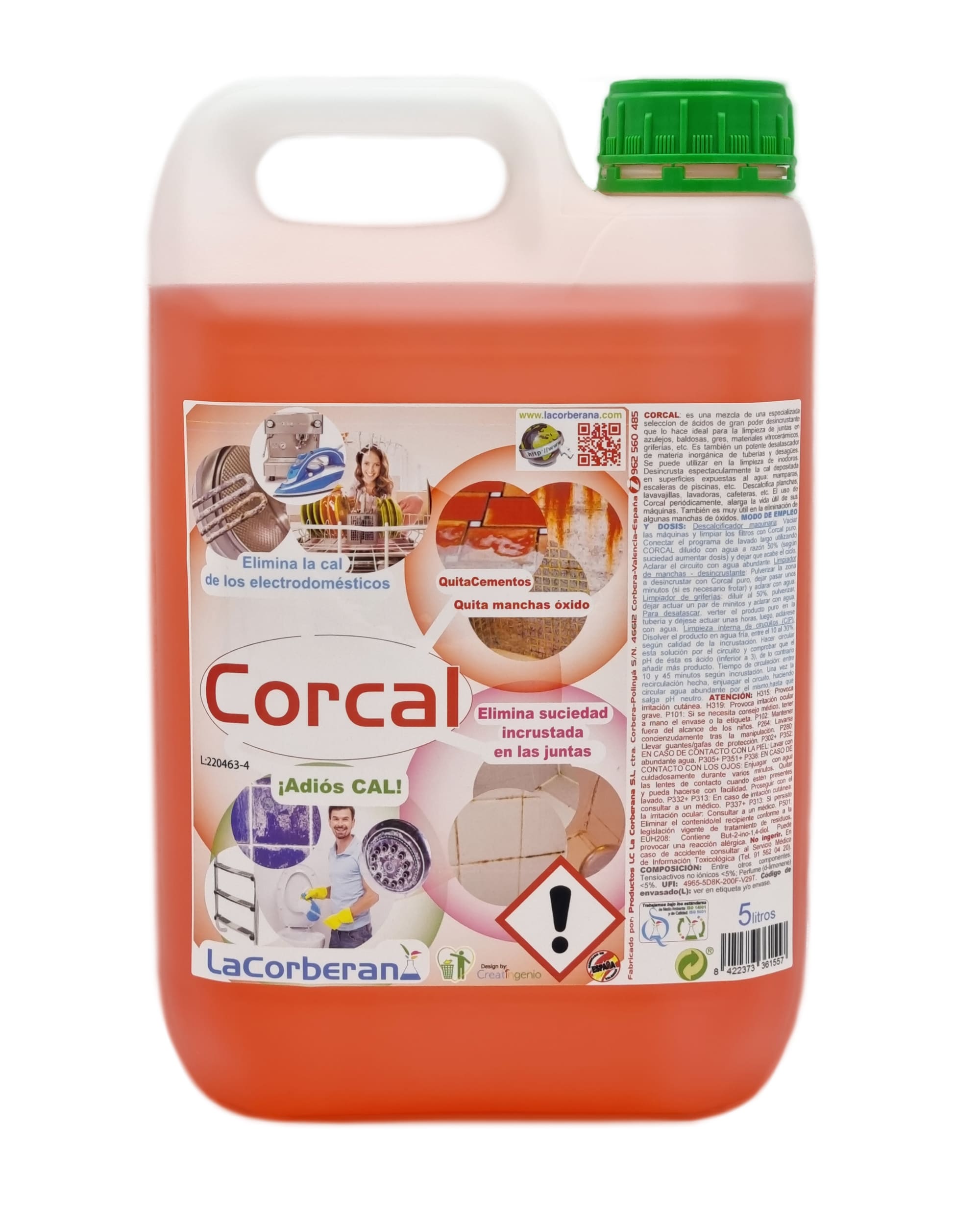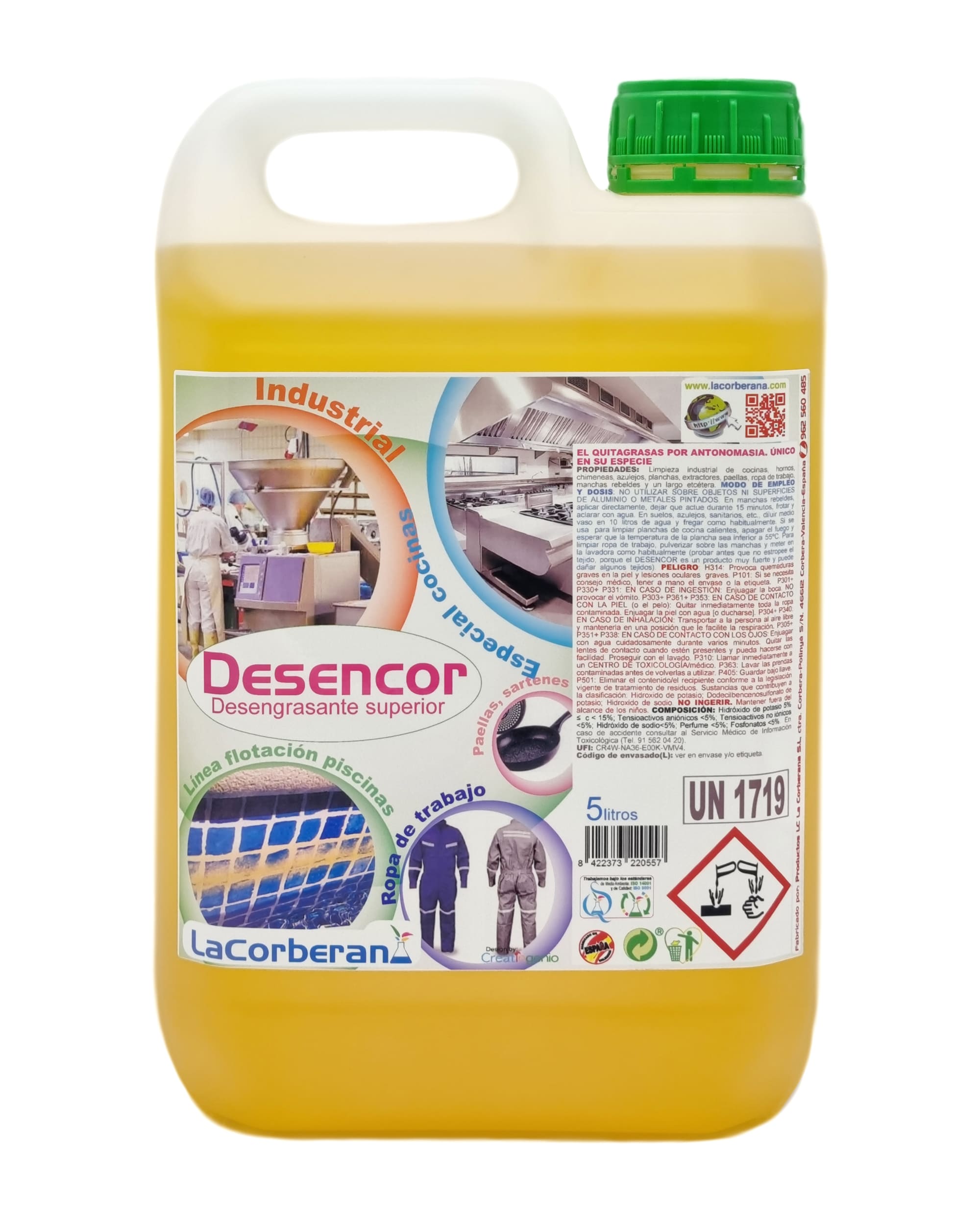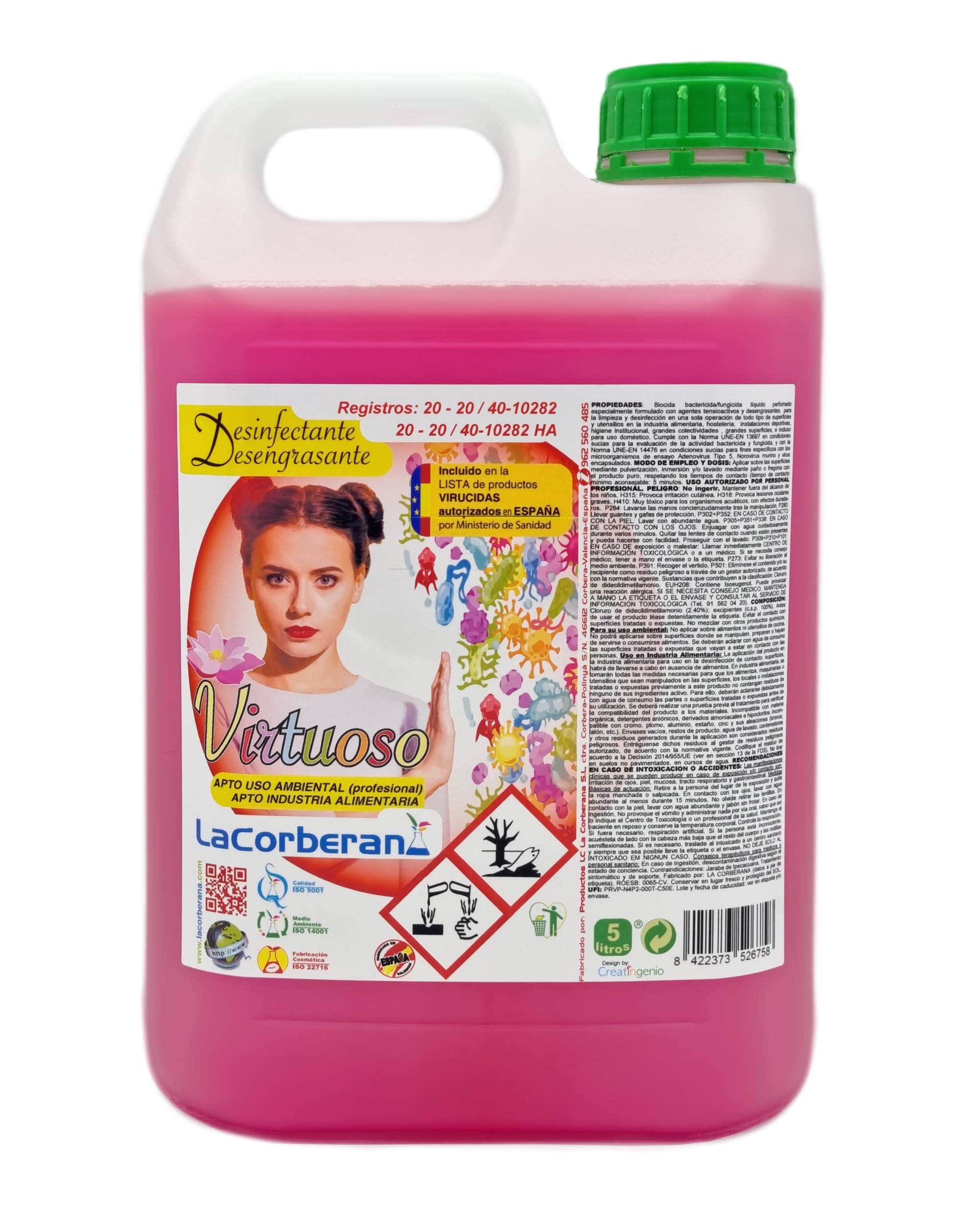Grease and oil stains are common for mechanics, who are often faced with these types of stains that are difficult to remove. Grease from engines, oil from machinery parts, and vehicle fluids are some of the main culprits of these stains.
However, if not treated properly and quickly, these stains can become permanently set into fabrics. In this article, we show you how you can remove grease and oil from mechanic's clothing and what steps to take to prevent future accidents.
The Problem of Grease Stains on Mechanic's Clothing
Working in a garage or car maintenance exposes clothing to various types of grease and oil, which are substances that are quite difficult to remove. Unlike other types of stains, such as food stains, engine grease or machine grease has a much thicker consistency and adheres to fibres more tenaciously.
Why is it difficult to remove grease from engines?
The grease found in vehicle engines and industrial machinery contains heavy oils, chemical compounds and additives that allow engines to operate efficiently.
These oils and greases tend to penetrate deep into the fabric fibers, causing them to stick very strongly, and if not acted upon quickly, the stain becomes more difficult to remove. In addition, the oil tends to break down and become even stickier over time, making the cleaning process even more complicated.
What to do if you get grease or oil stains?
1. Act Immediately: Time is Crucial
When you work with engines or heavy machinery, it's very common for your clothes to get dirty with grease and oil. However, many times people make the mistake of letting the stain sit, which causes the grease to penetrate deeper into the fabric fibers. Ideally, you want to treat the stain as soon as possible. If you can't clean the clothing right away, use paper towels or rags to absorb the excess grease before letting it dry.
2. Use Absorbent Powder (Baking Soda, Talcum Powder or Cornstarch)
One of the first steps in treating a grease stain is to soak up as much of the grease as possible. To do this, you can sprinkle baking soda, talcum powder, or cornstarch directly onto the stain. These powders help to absorb the oil before it sets into the fabric, so it's important to let it sit for at least 10 minutes before brushing the garment to remove the powder.
3. Use Specialized Degreaser
If the stain persists after the steps above, we recommend using a specialized degreaser that helps effectively remove heavy oils and greases from clothing . Our star product is Desencor, which is specifically designed to break down and remove the toughest residues, such as motor oils and industrial greases, without damaging fabrics.
Simply apply the degreaser to the stain and rub gently to penetrate. Leave it to sit for a few minutes and then rinse with warm water.
If you don't have Desencor , you can also use common degreasers or eco-friendly degreasers . Many of these products contain solvents that help break down the grease molecules, making them easier to remove.
4. The Power of Olive Oil or Specialized Solvents
If the grease has not been completely removed with detergent, you can use olive oil or specific grease solvents. Although it may sound ironic, olive oil helps dissolve grease more effectively, as it acts as a natural solvent. Apply a few drops to the stain, rub gently and let it sit for 15 minutes before rinsing.
If you prefer to use a specialist solvent for grease or oil stains, there are products that are specifically designed to treat stains on work clothes, such as industrial degreasers . Make sure to follow the product directions to avoid damaging the fabric.
5. Wash Clothes in the Washing Machine with Appropriate Detergent
After treating the stain with the appropriate detergent or degreaser, wash the garment in the washing machine. For best results, we recommend using a high-efficiency grease-removing detergent, such as ourLaundry Detergent . Additionally, if you're looking for a touch of softness and freshness, add our Fabric Softener during the wash cycle. Not only will this help remove stains, but it will also leave your clothes with a nice, soft texture.
It is important to use hot water (check the maximum temperature allowed for the garment) to help dissolve any grease residue. The normal wash cycle should be sufficient, but if the stain persists, you can repeat the treatment or add additional detergent. Do not put the garment in the dryer until you are sure the stain is completely gone, as heat can set the grease permanently.
6. Repeat the Process if Necessary
Engine grease stains can be stubborn. If after the first wash you are unable to completely remove the stain, repeat the process of applying detergent or degreasers and then wash again. Don't despair if it doesn't come out on the first try, as some stains require additional treatments.
Related content:
How to Prevent Grease Stains on Mechanic's Clothing
Although removing engine grease stains can be difficult, there are several ways to prevent them in the future.
1. Wear protective clothing
The best way to prevent grease stains is to wear clothing designed for mechanical work. Clothing specifically for mechanics is usually more stain-resistant and made of materials that can withstand oils and grease. You can also wear gloves to prevent grease from coming into direct contact with your clothing.
2. Avoid Direct Contact with Clothing
When working with machinery or vehicles, try to avoid touching greasy parts if it is not necessary. If possible, use tools to handle dirty parts and minimize direct contact.
3. Perform Regular Cleaning of Tools and Equipment
Regular cleaning of work tools and equipment can help prevent grease from transferring to clothing. If tools are covered in grease, stains are likely to transfer when touching the parts.
Conclusion
Engine grease and oil stains are some of the most difficult to remove, especially if you don't act quickly. By taking the right steps, such as using specific detergents, specialized degreasers like Desencor , and products like our Fabric Softener , you can keep your clothes clean and grease-free, without compromising the quality of the fabrics.





